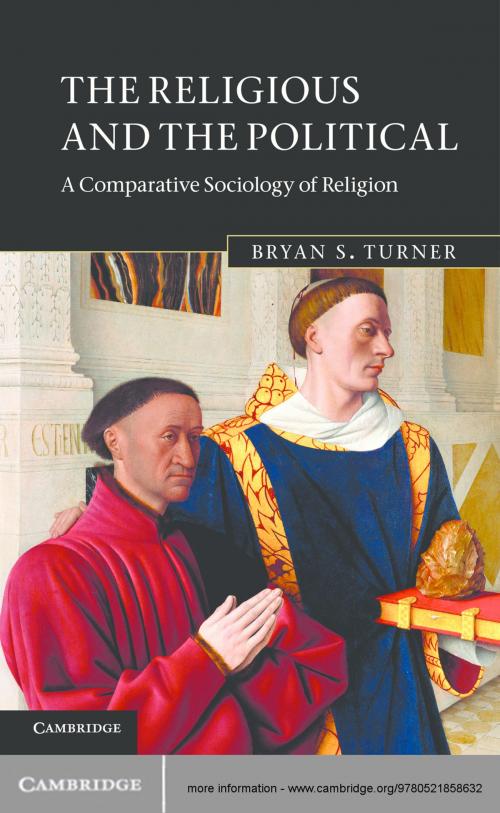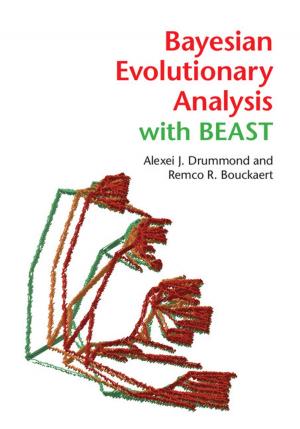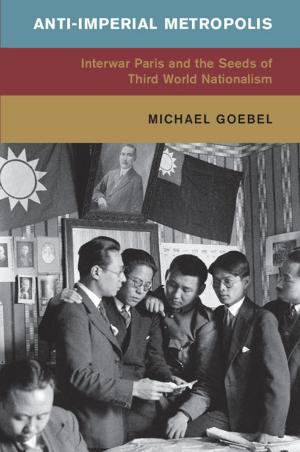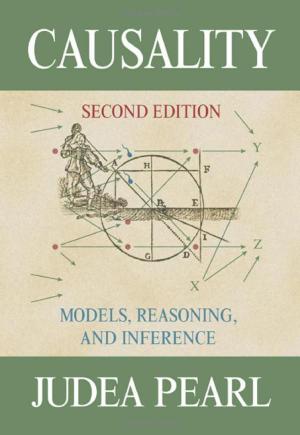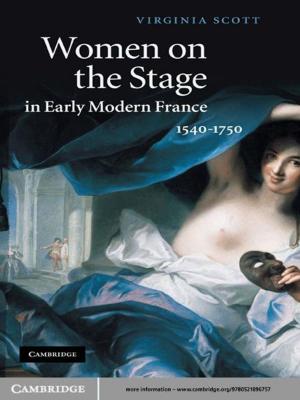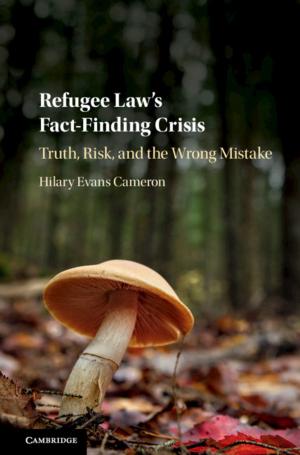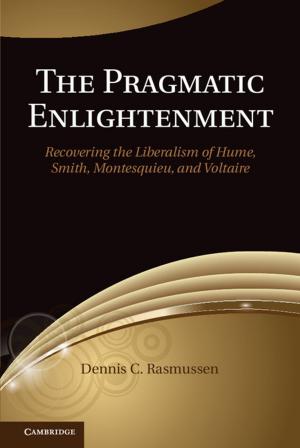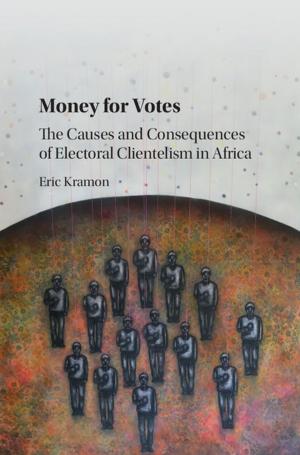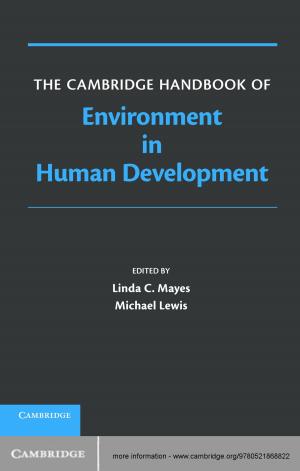The Religious and the Political
A Comparative Sociology of Religion
Nonfiction, Social & Cultural Studies, Social Science, Sociology, Marriage & Family, Political Science| Author: | Bryan S. Turner | ISBN: | 9781107357129 |
| Publisher: | Cambridge University Press | Publication: | April 18, 2013 |
| Imprint: | Cambridge University Press | Language: | English |
| Author: | Bryan S. Turner |
| ISBN: | 9781107357129 |
| Publisher: | Cambridge University Press |
| Publication: | April 18, 2013 |
| Imprint: | Cambridge University Press |
| Language: | English |
While the relationships between ethics and religion, and violence and politics, are of enduring interest, the interface between religion and violence is one of the most problematic features of the contemporary world. Following in the tradition of Max Weber's historical and comparative study of religions, this book explores the many ways in which religion and politics are both combined and separated across different world religions and societies. Through a variety of case studies including the monarchy, marriage, law and conversion, Bryan S. Turner explores different manifestations of secularization, and how the separation of church and state is either compromised or abandoned. He considers how different states manage religion in culturally and religiously diverse societies and concludes with a discussion of the contemporary problems facing the liberal theory of freedom of religion. The underlying theoretical issue is the conditions for legitimacy of rule in modern societies experiencing global changes.
While the relationships between ethics and religion, and violence and politics, are of enduring interest, the interface between religion and violence is one of the most problematic features of the contemporary world. Following in the tradition of Max Weber's historical and comparative study of religions, this book explores the many ways in which religion and politics are both combined and separated across different world religions and societies. Through a variety of case studies including the monarchy, marriage, law and conversion, Bryan S. Turner explores different manifestations of secularization, and how the separation of church and state is either compromised or abandoned. He considers how different states manage religion in culturally and religiously diverse societies and concludes with a discussion of the contemporary problems facing the liberal theory of freedom of religion. The underlying theoretical issue is the conditions for legitimacy of rule in modern societies experiencing global changes.
